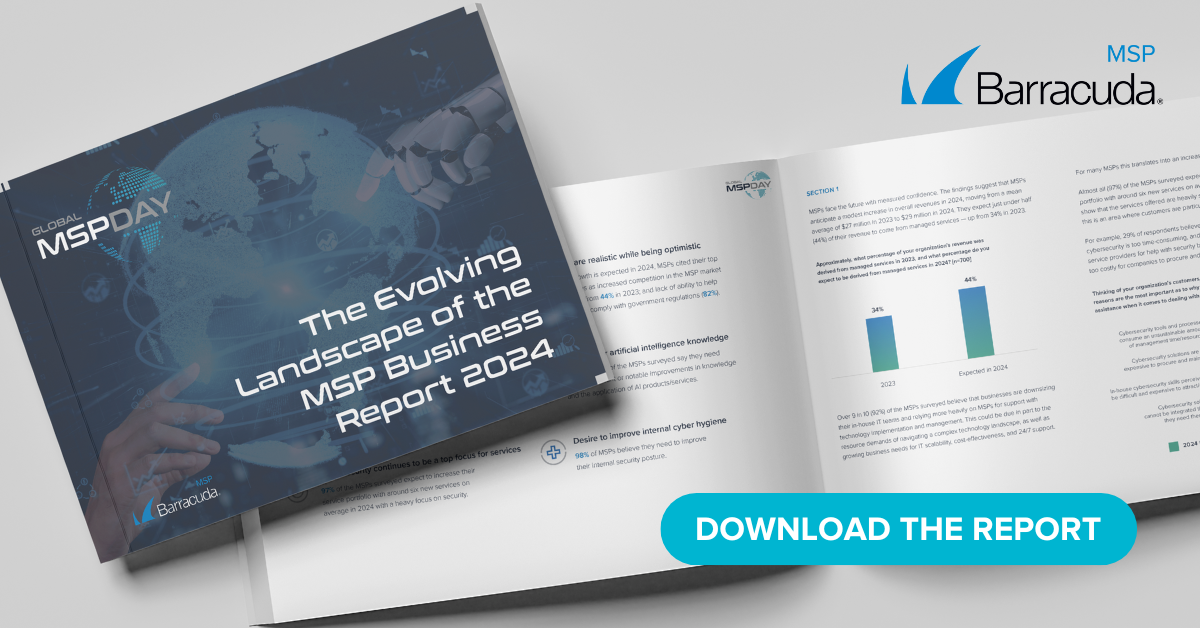 It’s now officially the best and worst of times for managed service providers (MSPs). Most of the IT resources made available these days are delivered as a managed service by the cloud service provider. On the one hand, that clearly reduces the total addressable market available to MSPs. Making matters more challenging, this week at the AWS re:Invent 2018 conference, Amazon Web Services (AWS) launched AWS Outposts. Outposts is a managed service for on-premises environments based on racks of systems that are identical to the infrastructure AWS employs in its public cloud. Scheduled to be available in 2019, that initiative follows a significant expansion of the managed networking services AWS provides announced earlier this week.
It’s now officially the best and worst of times for managed service providers (MSPs). Most of the IT resources made available these days are delivered as a managed service by the cloud service provider. On the one hand, that clearly reduces the total addressable market available to MSPs. Making matters more challenging, this week at the AWS re:Invent 2018 conference, Amazon Web Services (AWS) launched AWS Outposts. Outposts is a managed service for on-premises environments based on racks of systems that are identical to the infrastructure AWS employs in its public cloud. Scheduled to be available in 2019, that initiative follows a significant expansion of the managed networking services AWS provides announced earlier this week.
AWS CEO Andy Jassy told conference attendees this new offering is required to address workloads that, for either performance or compliance reasons, can’t be deployed in a public cloud.
“There are some applications that require really low latency,” says Jassy.
At the same time, VMware also announced it is extending the scope of the managed services it provides to include not just another instance of VMware Cloud Foundation running on AWS Outposts, but also an instance of its management software running on AWS EC2 virtual machines running on AWS Outposts systems. That’s significant because EC2 is based on Kernel-based virtual machine (KVM) rather than VMware virtual machines.
Those moves follow similar initiatives made by Oracle and Google. Oracle now provides a range of managed services that span cloud and on-premises environments, while Google is leveraging software from VMware to provide a managed instance of a Kubernetes cluster that runs on an on-premises environments.
The good news for MSPs
On the plus side, however, all these vendors are raising awareness of the value of managed services in ways that are unprecedented. More organizations than ever are now evaluating managed services. There are, however, two issues that will become immediately apparent to businesses. The first is most organizations are going to have multiple clouds. Over time, those IT organizations are going to want to consolidate the management frameworks required to manage all those clouds. Third-party MSPs are in a unique position to not only deliver that capability, but also provide a cybersecurity framework spanning multiple clouds.
The second significant opportunity for third-party MSPs is everything that occurs above the base infrastructure level. AWS may have a rich portfolio of services for managing everything up to the database layer, but applications remain the responsibility of the individual customer. Add to that, the fact that most of these applications will be running on multiple clouds and it becomes apparent that hybrid cloud computing will soon be driving even more demand for managed services. In fact, the launch of AWS Outposts is a tacit admission by AWS that not all workloads will be moving into the public cloud any time soon. It’s also worth noting that it will be a very long time before AWS Outposts systems replace billions of dollars of IT infrastructure being provided by vendors such as Dell EMC, Hewlett-Packard Enterprise (HPE) and a host of others.
MSPs in the months ahead will clearly need to reevaluate where and when they add value in IT environments that becoming hybrid by default. The good news is the upside of that transition is potentially a much greater opportunity than any downside that will still take several years to have a significant impact on existing sources of MSP revenues.
Photo: Christian Wiediger/Unsplash
